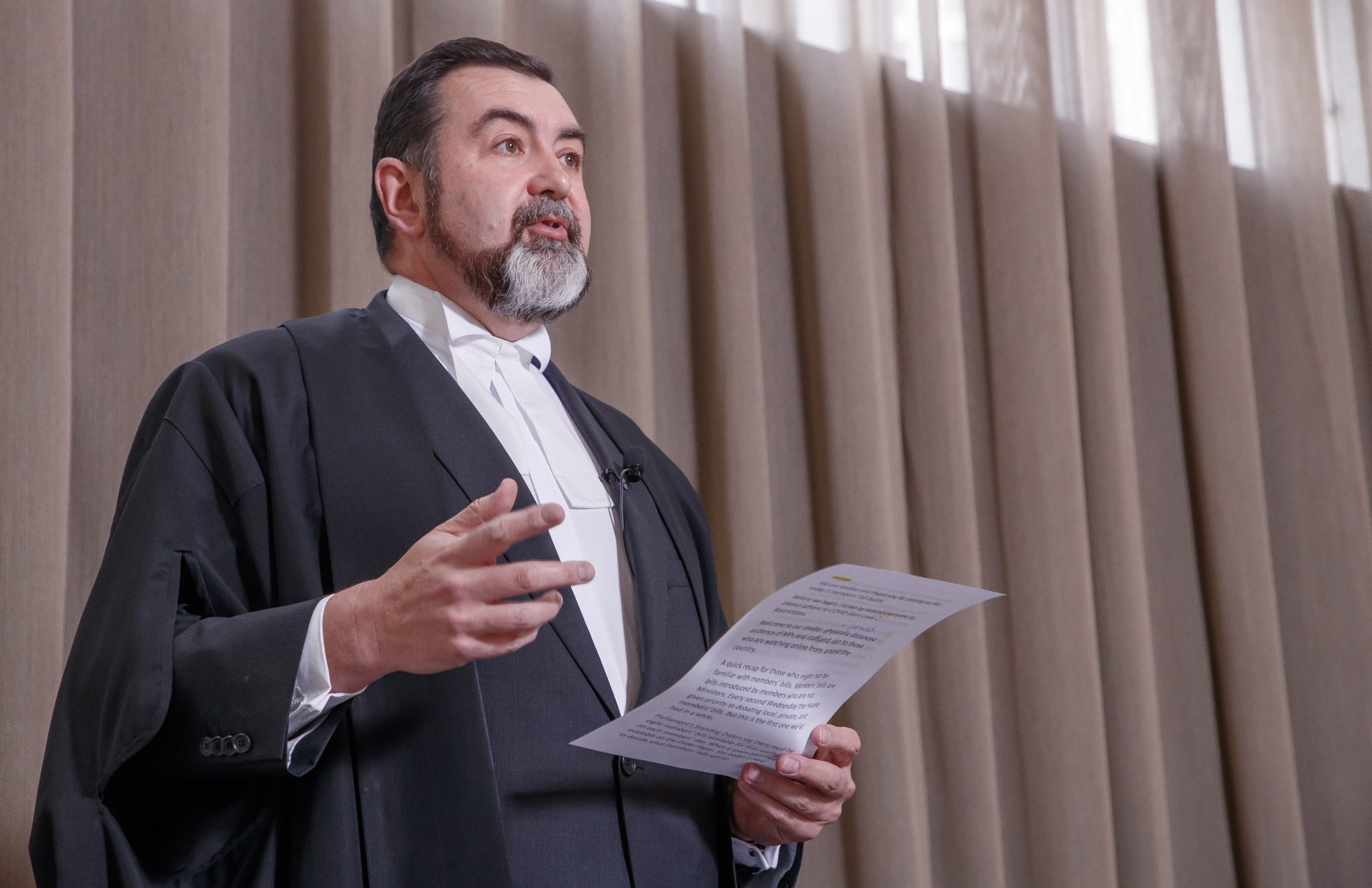John Nick
Contributor
It was huge news for those of us who have involvement.I didn’t see any posts on here from the lefties…
But I recall posts saying National would asset sale everything despite denials and it not being part of their policies?
Easily missed I guess if it's not your thing

:quality(70)/cloudfront-ap-southeast-2.images.arcpublishing.com/whakaatamaori/PU3ULGEISBA65HWL5JH24VKPSQ.jpeg)

